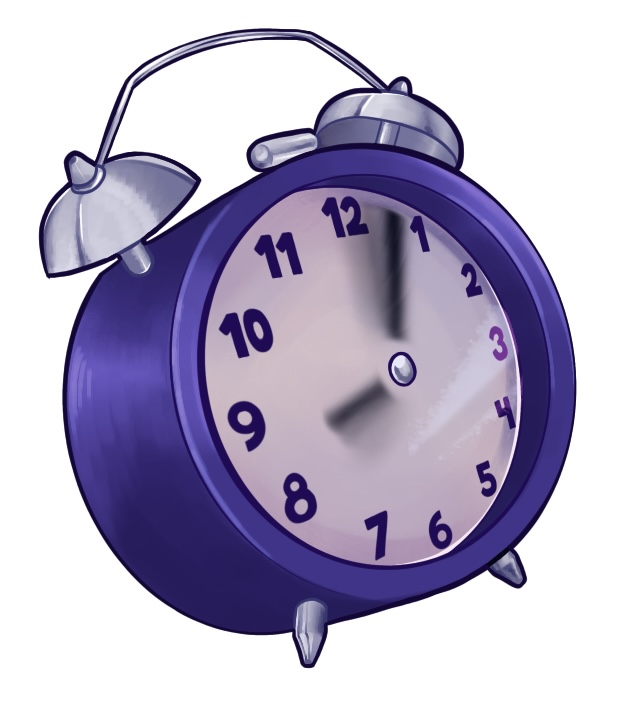Photo Credit: Art By Olivia Lake
Time Flies: In Reality, In Our Minds
Ever since the strike of the coronavirus back in 2020, a strange phenomenon has occurred to people all across the globe. No, it is not another sickness or long symptoms brought by the virus. In fact, it is something we all go through every second of our lives. This phenomenon is time, one of the many factors that the world is built on. However, it has been noted that time has been going faster than normal, especially during and after lockdown three years ago.
People have noted this throughout the course of the new decade, asking questions if others experience the same abnormal flow, while also asking why this may happen. Turns out, there are different reasons or factors that result in it, mainly in the scientific field. No matter the reason, it does not stop the fact that our days seem to be getting much shorter.
There has always been the saying, even before COVID, that “time flies when you are having fun,” and the funny thing is that this is true. It feels like the same principle that sleep goes by, as it feels like you are skipping time when fully asleep. One minute you just set your alarm, and the next it is screaming at you to wake up. The reason for the two are quite simple, however. When we are having fun, according to the National Center for Biotechnology Information, “unexpectedly pleasurable events boost dopamine release, which should cause your internal clock to run faster.”
On the other hand, time flies while sleeping because you are unconscious. This of course makes us unaware of our surroundings, so we can not keep track of time or notice it as it passes by. Both of these have to do with our brains, but some explanations are much different than the common two. Last year, it was reported that Earth has begun to spin faster than normal, which of course controls the length of each day.
This may not be the current cause though. A study recorded by scientists revealed that Earth made a complete rotation in 1.59 milliseconds less than 24 hours, which happened on June 29 last year. Obviously milliseconds is low on the scale of time, but it proves that the fast rotation may increase even more in the future. Besides all of that, it may not be the current reason for time’s increased flow.
One of the biggest reasons is linked to overall aging, and time goes by faster the older people are. This has been a popular topic amongst scientists that study this sort of thing, and many studies have taken place to reach an explanation. Topics that are related to aging being the reason are pretty interesting, since it is something most would not expect a reason such as that.
A study conducted in 2019 by Harvard stated “as we age, the size and complexity of the networks of neurons in our brains increases electrical signals must traverse greater distances and thus signal processing takes more time,” along with stating “when we are young, each second of actual time is packed with many more mental images. Like a slow-motion camera that captures thousands of images per second, time appears to pass more slowly,” which is much more in depth than other reasons.
The only thing is COVID had its impact. Based on how everything went on during the peak of the pandemic, I would not doubt that there may have been a change in our brains, possibly because everyone had to endure the lockdown. Since staying at home became an everyday thing for us, most of what we did most likely became repetitive. When we would do said thing, doing it over and over again probably made it feel quicker each time. After the lockdown ended, time felt much slower for things we had not done in weeks, but things at home would keep the quick pace.
It is a possibility that our brains surprisingly are not out of the lockdown repetitiveness. Whatever the reason, it is still strange to see everything passing so quickly, which may just be part of everyday things now. Hopefully, it will slow back down the further we drift away from 2020.

